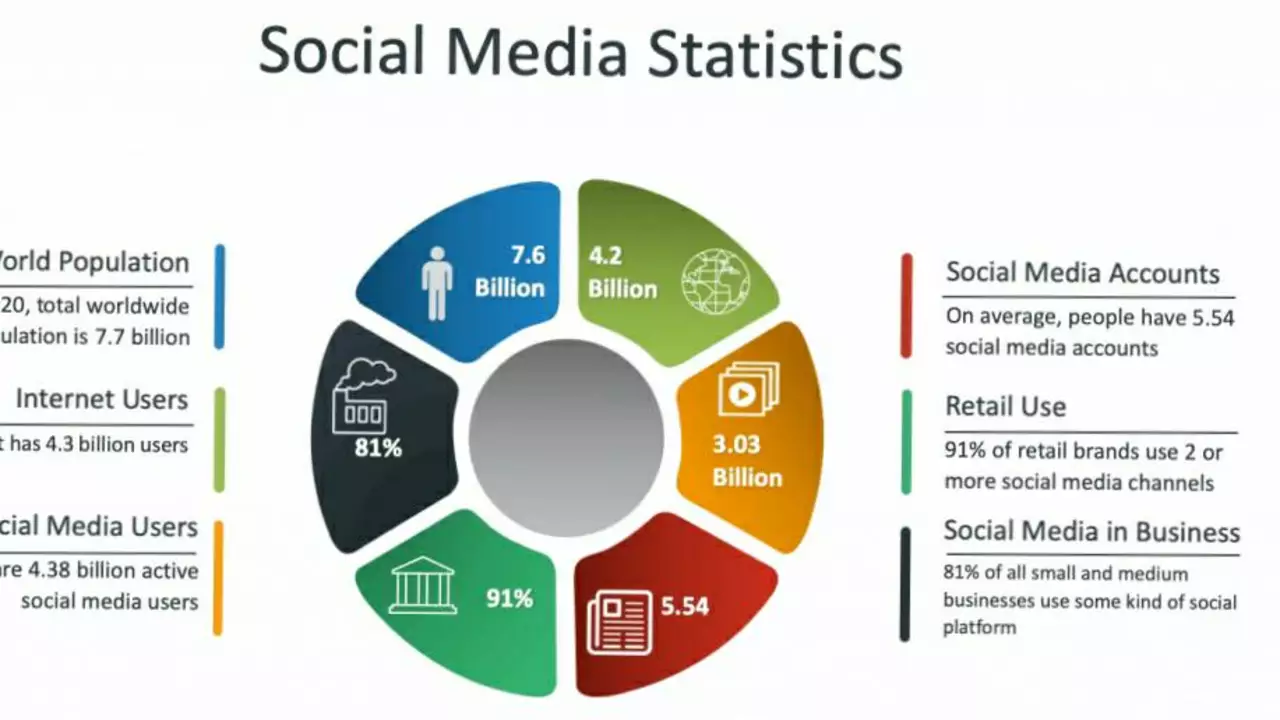Social Media Platforms: A Practical Overview
Ever wonder why there are so many social media sites and which one actually matches what you want to do? You’re not alone. From scrolling through photos on Instagram to hunting for jobs on LinkedIn, each platform serves a unique purpose. This guide breaks down the most common types, points out what they’re best at, and helps you pick the right one without drowning in options.
Major Types of Social Media Networks
Friend‑focused networks like Facebook let you keep up with family, share life updates, and join community groups. The feed is a mix of text, photos, videos, and event invites, making it a catch‑all for personal connections.
Micro‑blogging services such as Twitter (now X) are built for short, real‑time posts. If you like quick news bites, opinions, or following trending hashtags, this is the spot.
Visual platforms—Instagram and Pinterest—center on images and short videos. They’re perfect for showing off art, fashion, food, or any visual hobby. Instagram also offers stories and reels for short‑form video content.
Professional networks like LinkedIn focus on careers. You can showcase your résumé, connect with coworkers, and find job listings. It’s also a place for industry news and thought‑leadership articles.
Video‑centric sites such as YouTube and TikTok let creators upload longer videos or short, looping clips. Whether you want tutorials, music videos, or viral dances, these platforms serve as entertainment hubs and marketing tools.
Interest‑based forums like Reddit organize discussions into sub‑communities (subreddits). If you have a niche hobby or want deep‑dive conversations, you’ll likely find a subreddit that matches.
Choosing the Right Platform for You
First, decide what you want to achieve. Want to stay in touch with friends and family? Facebook or Instagram are safe bets. Looking to grow a professional brand? LinkedIn lets you share articles, network, and get noticed by recruiters.
If staying current on news matters, a micro‑blogging site like Twitter gives you instant updates and the ability to follow experts directly. For creative work—photography, design, cooking—a visual platform lets your content shine without extra text.
Think about how much time you’ll spend. TikTok’s endless short videos can be a huge time sink, while Reddit’s topic‑organized threads make it easier to jump in and out of specific discussions.
Security and privacy matter too. Check each site’s settings, understand who can see your posts, and adjust visibility accordingly. Most platforms now let you switch accounts between personal and business, giving you more control.
Finally, experiment. Sign up, create a profile, and spend a day posting or browsing. You’ll quickly feel which interface clicks with you and which community feels welcoming.
Social media isn’t one‑size‑fits‑all. By knowing the main types—friend‑focused, micro‑blogging, visual, professional, video, and interest‑based—you can match your goals to the right platform and make the most of your time online.
